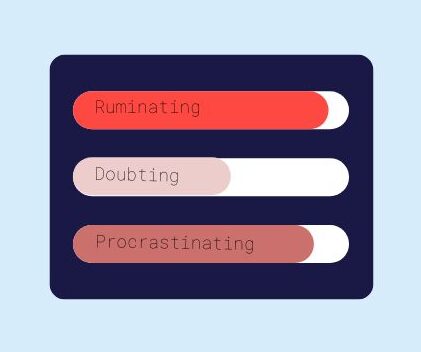By Patricia E. Zurita Ona, PsyD
Over the years, I have found that exposure practices can be very intimidating for clients regardless of the type of anxiety they’re struggling with; also, as we know, exposure-based interventions have a high dropout rate in treatment. However, after being introduced to acceptance and commitment therapy (ACT), I have learned that values-based exposure is a solid intervention that significantly motivates clients to face what they’re afraid of, and it fundamentally allows them to continue acting in accordance with what truly matters to them.
The following lines reflect briefly how a values-based exposure could look:
• First, ask your client how anxiety has been getting in her way on a daily basis. A client may say, “Because of my fear, anxiety, and panic attacks, I haven’t been able to drive across the bridge, and therefore cannot see my mother unless she comes to my side of the bay.”
• Then, figure out why that particular activity or action is so important to your client; i.e., find out what really matters to him or her when doing x, y, or z. In keeping with the above example, the therapist could say something like, “If you were to visit your mom in the city, what would that say about what is important to you? Why does visiting your mom matter to you?” You may get a response like, “Because it allows me to be the caring daughter I want to be.”
• Finally, you can check with your client as to whether she would be willing to face her fear of driving on the freeway if that would allow her to be the “caring daughter” she wants to be. If the client’s response is positive, then collaboratively the two of you could develop a “ladder of values-based steps” (the equivalent of an exposure hierarchy) that identifies specific mini actions the client is willing to take in order to embody her values.
Inviting clients to do exposure exercises can be challenging; however, if you follow the above recommendation, it’s quite likely that your clients will be more motivated to do exposure exercises and continue with treatment.













